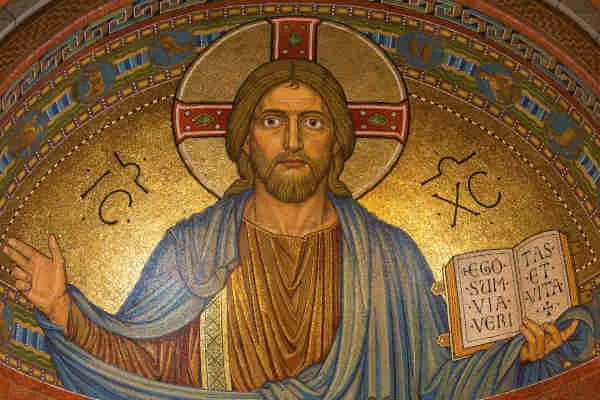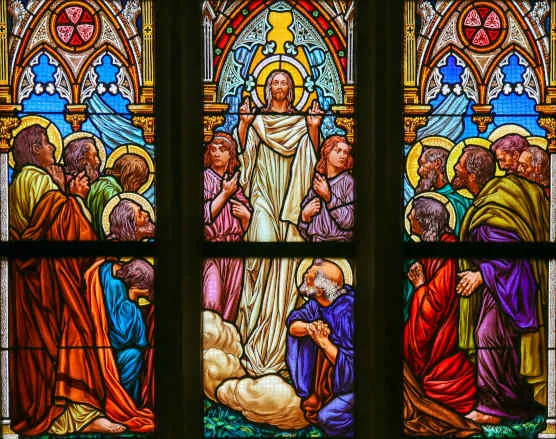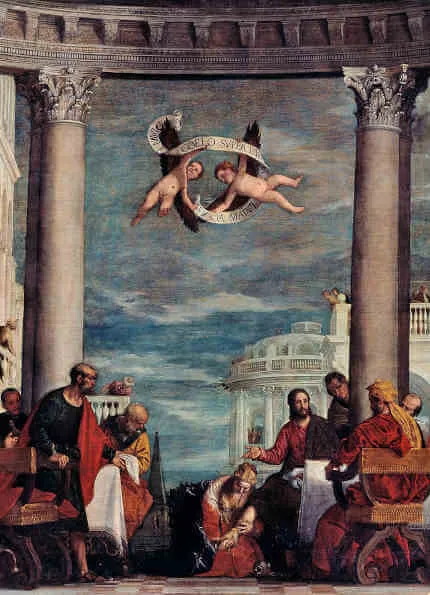Luke 9:18
The Deepest Human Satisfaction
Once when Jesus was praying in solitude, and the disciples were with him, he asked them, “Who do the crowds say that I am?”
Reflection:
It’s interesting that Jesus was both “praying in solitude” and that “the disciples were with him.” Saint Bede explains this apparent contradiction by stating that “the Son alone is able to penetrate the incomprehensible secrets of the Father’s will.” Therefore, our Lord was always alone with the Father in the sense that only Jesus knew the Father fully and intimately. This is because He is the Second Person of the Most Holy Trinity, the Eternal Son of the Father.
With that fact clearly understood, it’s also important to understand that as Jesus prayed to the Father within His human nature, something new took place. Though Jesus was eternally with the Father, His human nature was not eternally with the Father. Therefore, as the Eternal Son of God communed with the Eternal Father while living in human flesh, human nature was suddenly elevated to a height that it had never been before. Not only was the Eternal Son living in perfect union with the Father, but now the Eternal Son, fully human, brought His human nature into this oneness.
Though this may seem a bit philosophical to some, it points to a very important reality that affects us all. Through our Lord’s human prayer to the Father, we are all invited to join with Jesus and share in this divine oneness. The Son of God, as a human being, made it possible for us as humans to share in the elevation of our very lives to oneness with God the Father. And though the Son of God will always retain a unique union with the Father, we are, nonetheless, by participation, invited to share in their life.
So why is this important? One reason is that there is no greater human fulfillment we could ever achieve than to share in the prayer of the Son to the Father. Throughout our lives, we are constantly looking for fulfillment in one form or another. We want to be happy. We want enjoyment in life. We have a natural desire for happiness that we are constantly seeking to fulfill. What’s important to understand is that the greatest happiness comes by sharing in the deep human prayer of the Son to the Father. Prayer, true prayer, is the answer to our deepest desire.
Reflect, today, upon whether or not you regularly engage in deep prayer. Can you point to times when you, like our Lord, were alone with God, communing with Him in the depths of your human soul, being drawn to Him through prayer? There are many levels of prayer, as is attested to by many saints. Make the choice to deepen your prayer. Go before our Lord today and pour out your heart to Him, asking Him to draw you into the holy solitude of His prayer to the Father. Doing so will bring forth in you the deepest human satisfaction possible in life.
Source: https://catholic-daily-reflections.com/2024/09/26/the-deepest-human-satisfaction-2/













